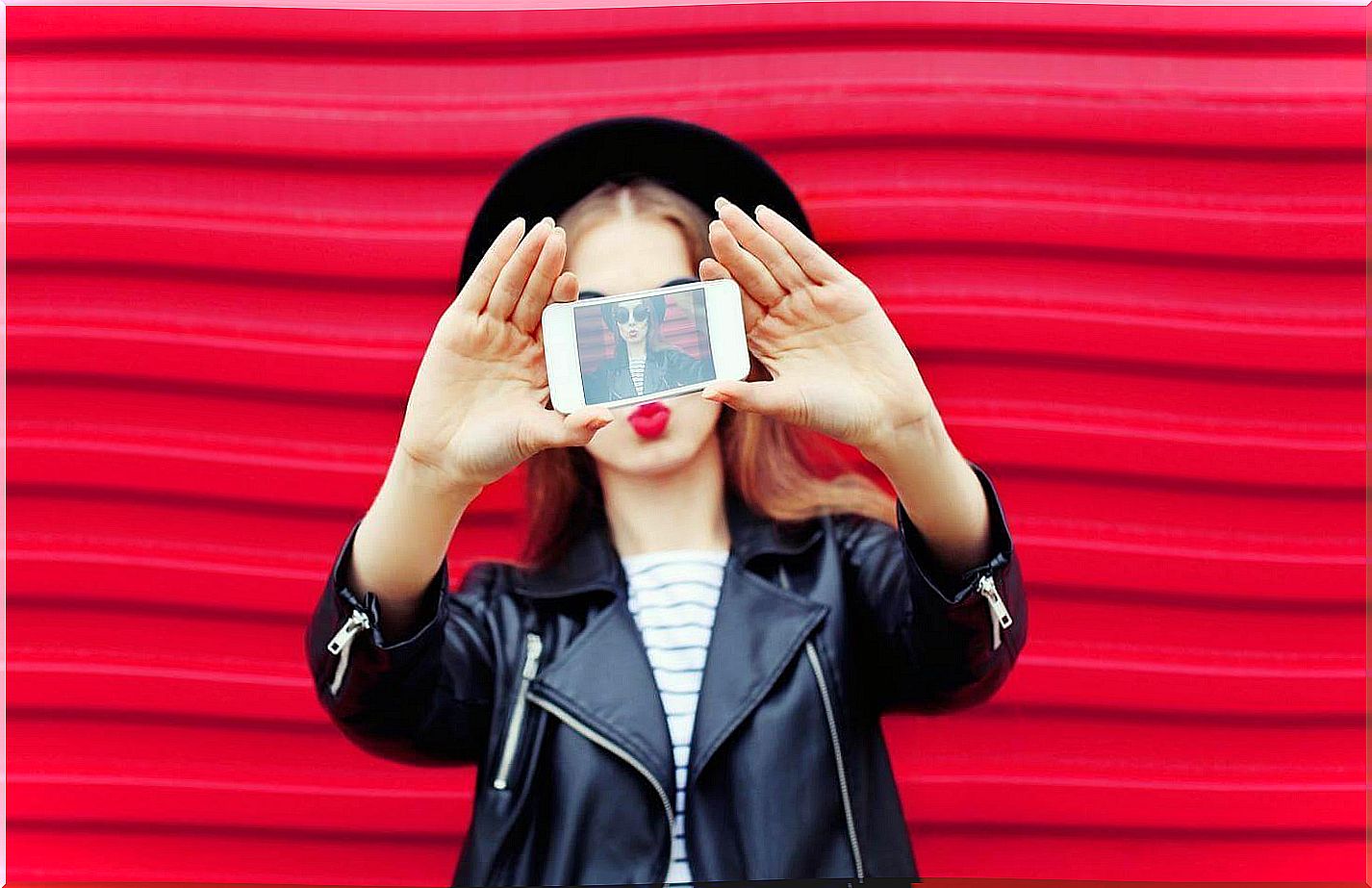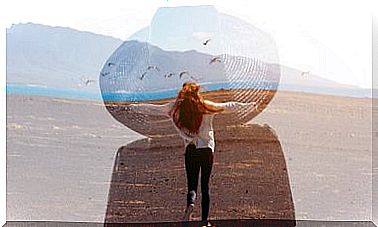What Is Posturing?

Postureo is one of the most used words in recent times. It has almost an infinity of meanings -insult, isolated action, even way of life-, which indicates that it is a meaning integrated into popular culture and everyday life.
Have you ever wondered if the posture is cataloged and defined in detail? In this article you will find a complete definition and the implications of this attitude on the psyche and the formation of the personality. Do not miss it.

What is posturing?
The posture, from the point of view of psychology, would be the behavior that aims to project a bucolic image on the life of the individual. In other words, it is the creation of an image of full and continuous happiness in the face of others – usually through social networks – that does not correspond to reality.
According to the RAE, the posture is “that artificial and imposed attitude that is adopted for convenience or presumption, highlighting in its entry the spectacular, even hyperbolic, element of the activity.”
This way of acting usually leads to judgments by others, since it is usually considered a sign of falsehood and hypocrisy. So why do people resort to posturing when they risk this pejorative connotation? This takes us directly to the next section.
Is posturing bad?
“Posture” is not something that was invented recently. All people take care, to a greater or lesser extent, of the image we project to the world, since the search for approval and admiration is common to every human who lives in society. This desire is not necessarily bad or reprehensible, and posturing is not polarized, but gradual.
In fact, this trend is directly related to the degree of self-monitoring described by Mark Snyder: this personality trait refers to the degree of observation that a person makes about their own image projected on others. People with a high degree of self-monitoring tend to use social networks more frequently.
When could this be a problem? Like everything else, when it goes to the extreme: when the central concern of an individual’s life is the search for that admiration through the image they have built.
Posture and social networks
At the beginning of the third decade of the 21st century, social networks are already a dynamic and constantly expanding entity that has occupied a fundamental place in people’s lives. Facebook and YouTube, followed by Instagram and, currently, TikTok, are the most popular platforms.
Networks and posture have a two-way and symbiotic relationship: they are not only the tool of people to show themselves to the world, but they are nourished by it. Networks foster this quest for admiration and facilitate engaging ways of putting one’s life on the Internet. You just have to look at most of them: it is rare that we find a dislike button .
When does it become a problem?
Giving them a healthy use is possible for everyone. In fact, social networks are the tool and even the source of work for many professionals. However, they also have the quality of providing an escape route from reality that, if not handled properly, can lead to self-esteem problems. This happens when the only way for others to know us is through the image we give on the Internet.
How is this possible? Well, social networks have another property: they can make us lose the ability to choose who admires you, putting what is desirable in the number of people who do it, instead of quality. They put the number of admirers and the importance of close people on the same level.
The incidence is higher in the adolescent population, and it is not for nothing: the formation of the personality is at a critical point where, in addition, the opinion of others has a greater weight than at other ages. When self-concept revolves around likes and followers, there is a clear threat of emotional instability that could affect an entire generation.

Some final thoughts
Faced with an aspect of daily life focused on posturing the best of life, two ideas can help us:
- Don’t believe everything you see on social media: everyone does badly from time to time. Posing can be a way to share what makes you happy with your loved ones, but it is not a measure of your worth, so live it like a game.
- What others say about you is none of your business: the best protection is to select which people are important in terms of praise and criticism, and that strangers are in the background.
Even with all this, the posture path is only just beginning. Its capacity as a tool and entertainment is defined by users, and guarding against its dangers will be built up little by little as it is integrated into the culture.









